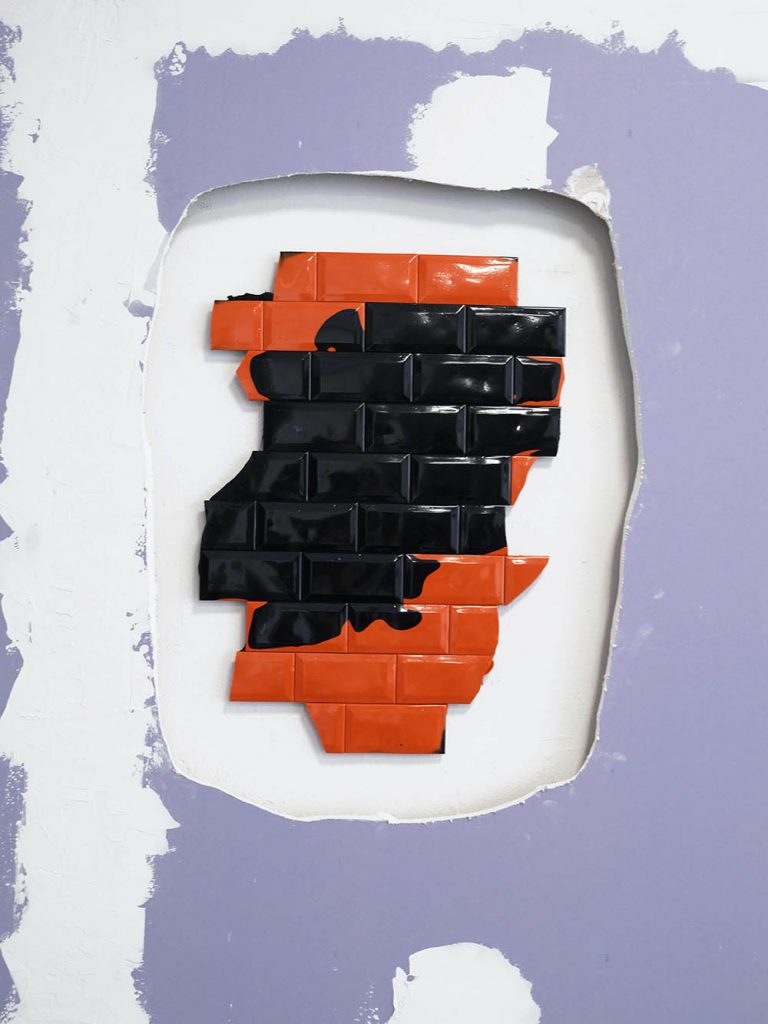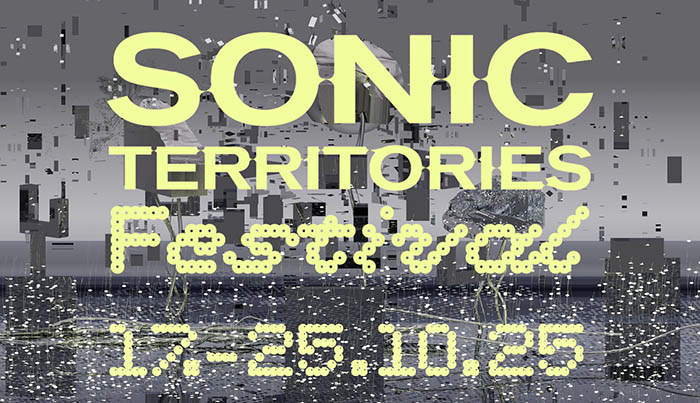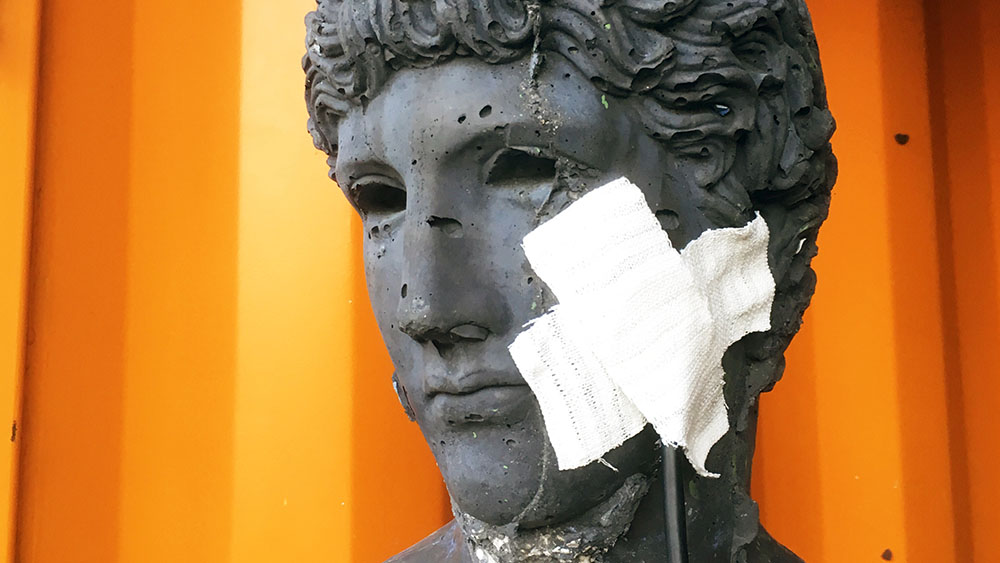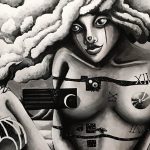What do you enjoy most about your job?
What I like best about my job is freedom. The freedom to think, to be able to take an interest in all the subjects that concern me, whether they are historical, social, political, human, personal or just funny – most often all at the same time – and to be able to look at them and thus create a new system of understanding of our time. I like to be able to work in a conceptual way, sometimes very physical, directly related to the material but also in a lighter way, even just imagined.
There are so many different types of creative work styles. What does your average creative workday look like?
I don’t really have a typical creative workday. On the contrary, I like that one day of work does not necessarily resemble another. When I work on a large project, it can indeed develop over several days, weeks, months,… but I appreciate being able to have very different days from a technical and material point of view but also from a conceptual point of view, to modify my approach on a subject that I want to deal with. I can spend whole weeks in my workshop taming and diverting materials and sometimes I can not go there for several days and rather take a step back, time to think, read, write, walk, travel or just do nothing. It seems to me to be important to know how to take the time, to nourish your imagination, your culture and never to lock yourself into a system of thoughts, a practice or a place.
What are things needed for a basic project?
As I said earlier, I don’t have any particular needs for a project, it really depends on the project. I like working with heavy materials such as steel or concrete with which I have a very physical relationship. Welding metal, mixing concrete, cutting stone, or throwing a statue from the roof of my studio on a car 5 floors lower,… but I work as much with lighter materials like polyurethane resin with finer and more precise finishes, in an hyperrealistic way. But I also like to be inspired by what I see, what simply surrounds me through my camera. I like to share my practice between the production of objects, sculptures and the construction of images, the realization of videos. For example i’m currently also working on the production of video clips, which allows me to develop this video technique in a new direction. I think that a real need for my practice is simply a new challenge, a new way of telling a story that helps us better understand who we are and where we are.
Who or what is your personal inspiration?
I let my inspiration be nourished by many different things. This may be the context in which I live, work, travel, but it can also be drawn from History, Art History but also the little stories that create our lives. Current events are also important for me and its relationship with History and how these two opposites allow me to think about our time, where we stand, and how we got there. I also draw a lot of inspiration from literature, music, cinema but also from television series. I like to mix what could be called a so-called „learned“ culture with a more popular culture. At the moment, I read a lot of the American author Thomas Pynchon who, in my opinion, perfectly succeeds in combining a true erudition with a lot of humour and a unique style and universe. I am also interested in the French philosopher Michel Foucault and particularly in his Archaeology of Knowledge where he invites us to rethink the construction of our History and I also like to watch TV shows like the Simpsons.
Through sculpture, video and photography, I explore the social and contextual relationships that make up our time and its future and how our past continues to influence them.
What do you know about Vienna? Have you ever been here before?
To be honest, I don’t know Vienna well, I’ve never had the opportunity to go there before. But for me, Vienna is above all its history, of course, but also its architecture, its operas and theatres, its museums and its arts. Talking about Vienna reminds me of the radical Viennese Actionism movement.

Can you tell us a little about your art?
Through sculpture, video and photography, I explore the social and contextual relationships that make up our time and its future and how our past continues to influence them. Through processes that I borrow from archaeology or systems of representation – fragmentation, recomposition – my practice of sculpture seeks to construct a new perception and to give value to objects, materials without primary quality: imitations of ancient sculptures intended to populate residential gardens, debris found in the street, remains of silicone moulds, concrete. With my photographs and videos, I continue this archaeology of our daily lives and melt the past into the future to try to reveal our present. It is important for me to work around these issues of transmission and construction of our history, our society with a certain irony and humour in order to avoid an impact too frontal with these subjects and thus to offer different levels of reading and interpretation with the audience.
Which side project you currently working on?
Currently, I am working on a personal exhibition project in Skopje, the capital of the Republic of Northern Macedonia. With the help of the European i-Portunus grant and the Acanthus Gallery in Skopje, we have been able to set up a residence system that allows me to live and work there for a month and a half to produce an exhibition on the spot. I can thus develop and build a real project on and with the city, the country and its history. For this exhibition, I am interested in the controversial project „Skopje 2014“ that was developed in the heart of the capital by the government of the time. It is an opportunity for me to work in a new context, a new workshop and to fully immerse myself in a culture that I discover on a daily basis.






